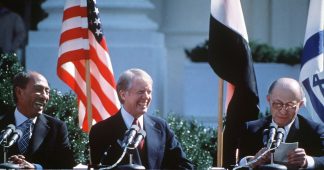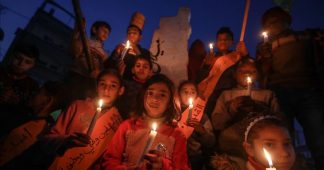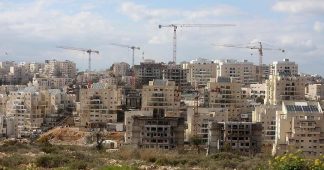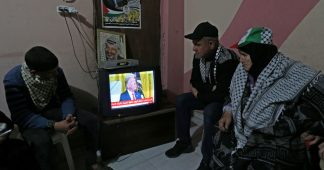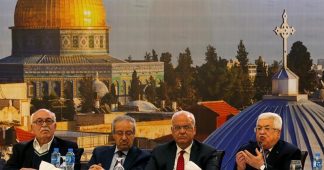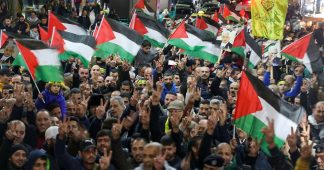Donald Trump’s Peace to Prosperity plan for the Middle East envisages an outcome with characteristics similar to apartheid, say 50 former foreign ministers and leaders from across Europe
27 Feb 2020
As Europeans dedicated to promoting international law, peace and security worldwide, we express our deep concern about President Trump’s Middle East plan, titled Peace to Prosperity.
The plan contradicts internationally agreed parameters for the Middle East peace process, relevant UN resolutions, including security council resolution 2334, and the most fundamental principles of international law. Instead of promoting peace, it risks fuelling the conflict – at the expense of Israeli and Palestinian civilians alike, and with grave implications for Jordan and the wider region. It has been met with widespread opposition in the region, in Europe, and in the United States.
The plan allows for annexation of large and vital parts of the occupied Palestinian territory and legitimises and encourages illegal Israeli settlement activity. It recognises only one side’s claims to Jerusalem and offers no just solution to the issue of Palestinian refugees. It projects a future Palestinian “state” without control and sovereignty over its fragmented territory. The map featured in the plan proposes Palestinian enclaves under permanent Israeli military control, which evoke chilling associations with South Africa’s bantustans.
Peace to Prosperity is not a roadmap to a viable two-state solution, nor to any other legitimate solution to the conflict. The plan envisages a formalisation of the current reality in the occupied Palestinian territory, in which two peoples are living side by side without equal rights. Such an outcome has characteristics similar to apartheid – a term we don’t use lightly.
Read more at https://www.theguardian.com/world/2020/feb/27/grave-concern-about-us-plan-to-resolve-israel-palestine-conflict
